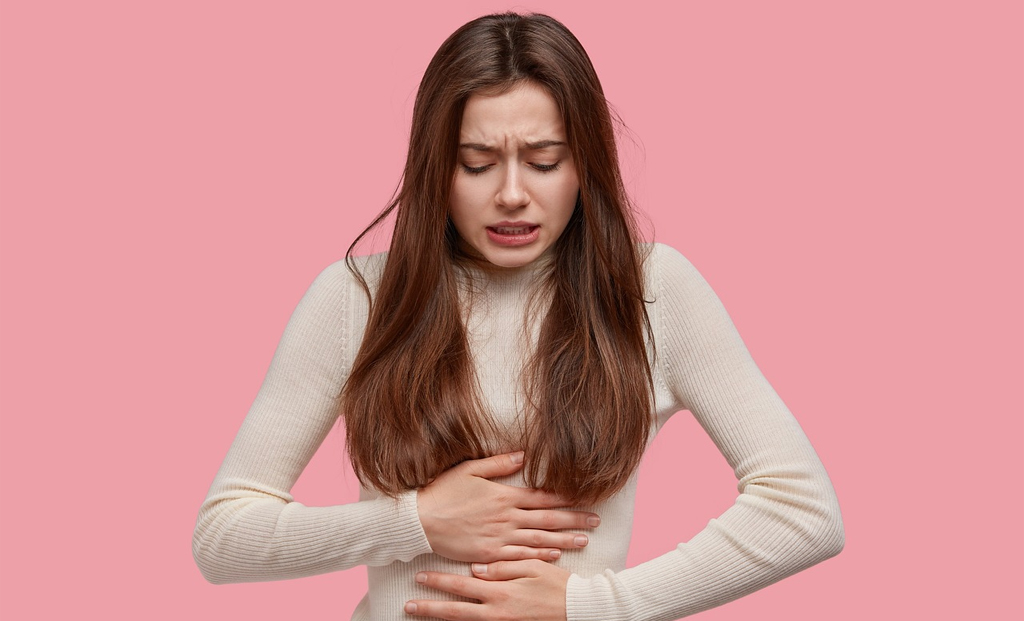By – Dr. Geetanjali Chopra, President & Founder, Wishes & Blessings
Menstrual Cycle: Overcoming Stigma and Ensuring Dignity for Girls and Women
Menstruation, a Natural Process, Confronts Gender Inequality and Human Rights Concerns
Menstruation is a natural and essential part of the female reproductive cycle. However, in many societies, it is shrouded in stigma and shame, particularly affecting girls from conservative and rural backgrounds. This discrimination not only jeopardizes their basic human rights but also hinders their ability to manage their periods with dignity.
Traditionally, menstruating girls are subjected to various restrictions, such as being forbidden from entering kitchens or holy places. While progress has been made, with the Indian Supreme Court overturning some prohibitions, there are still instances, like the Sabarimala temple, where access for menstruating women remains a challenge, highlighting the persistence of deep-rooted beliefs.
Inadequate access to reliable means of managing periods is a pressing issue. According to a survey by the National Family Health, only 36 percent of women in India have access to sanitary products. Insufficient menstrual hygiene management facilities, including access to sanitary pads and education about menstruation, contribute to 23 million girls dropping out of school annually, as highlighted by a study conducted by NGO Dasra.
The consequences of subpar menstrual hygiene standards are severe, accounting for 70% of the country’s reproductive problems. Many households still consider sanitary napkins an unnecessary expense, leading girls to resort to unhygienic alternatives like old fabric, ashes, newspapers, or dried leaves. This not only puts their physical health at risk but also has long-term effects on their mental well-being.
Efforts to address these challenges are underway. Non-profit organizations are working tirelessly to raise awareness about menstruation, particularly in rural areas. The Government of India has also implemented programs focused on reproductive health, the distribution of sanitary pads (including eco-friendly options), and promoting safe menstrual practices. However, more needs to be done to ensure widespread availability of affordable and sustainable menstrual hygiene solutions.
Education and awareness are key to transforming attitudes towards menstruation. Breaking the taboo surrounding periods requires sensitizing the public and promoting open discussions. Advertisements featuring famous personalities, seminars, workshops, and menstrual management and hygiene-awareness sessions can play a significant role in destigmatizing menstruation.
Ending period poverty and ignorance requires a multi-faceted approach. It includes setting up manufacturing units for low-cost sanitary napkins, providing employment opportunities for rural girls, and ensuring sufficient washing and sanitation facilities in public spaces. Empowering girls through education is crucial for challenging existing cultural taboos and promoting menstrual health.
By taking these constructive steps, we can work towards eliminating period poverty, ensuring dignity for all menstruators, and upholding women’s human rights. It is time to recognize that menstruation is a natural part of life and embrace the freedom for all women to be their authentic selves.

